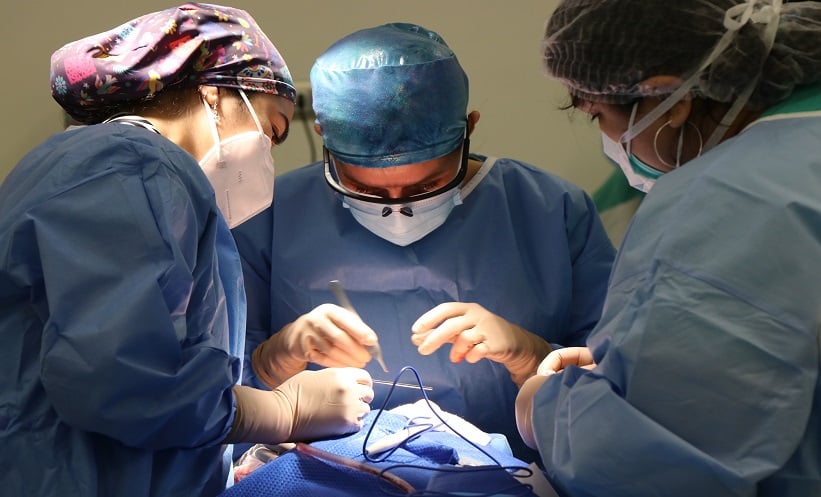MERKEL cell carcinoma (MCC) is a rare cutaneous malignant neoplasm with high mortality. It is widely accepted that the optimal treatment for localised tumours is surgery. However, data surrounding the precise surgical approach are mixed, with current National Comprehensive Cancer Network (NCCN) guidelines stating that Moh’s micrographic surgery (MMS) and wide local excision (WLE) are appropriate, without advocating for one over the other. The present study therefore aimed to evaluate the association between surgical approach and overall survival after excision of localised T1 and T2 MCC.
The research team at NYU Grossman School of Medicine, New York City, USA, utilised the National Cancer Database to access patients diagnosed with T1/T2 MCC between January 1 2004–December 31 2018, with pathologically confirmed, negative regional lymph nodes, who were treated with surgery.
Overall, 2,313 patients were included (mean age: 71 years; 57.9% male). Results showed that excision with MMS had the best unadjusted survival rates when compared to WLE. Specifically, survival rates following MMS were 87.4% after 3 years, 84.5% after 5 years, and 81.8% after 10 years, compared to 86.1% after 3 years, 76.9% after 5 years, and 60.9% after 10 years following WLE, respectively. Furthermore, survival was similar in patients that underwent narrow-margin excision and WLE, yielding survival rates of 84.8% at 3 years, 78.3% at 5 years, and 60.8% at 10 years, respectively. A multivariable survival analysis confirmed that the association between MMS and improved survival was much stronger than with WLE (hazard ratio: 0.59; 95% confidence interval: 0.36–0.970). Finally, cancer centres treating a high volume of MCC cases were more likely to use MMS over WLE than smaller centres (odds ratio: 1.99; 95% confidence interval: 1.63–2.44).
Overall, the multivariable analysis confirmed that the association between MMS and improved survival was much stronger than with WLE. The authors concluded: “Our findings suggest that MMS provides a survival advantage over conventional excision, provided that tumours are localised; however, this can only be truly confirmed via pathologic node evaluation.”







